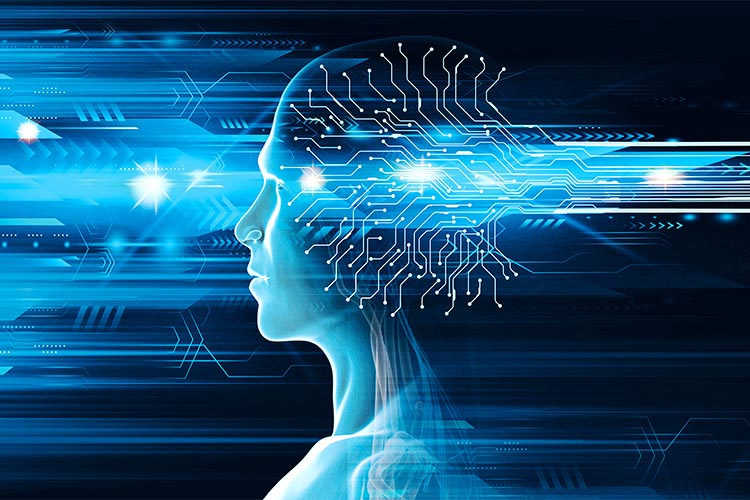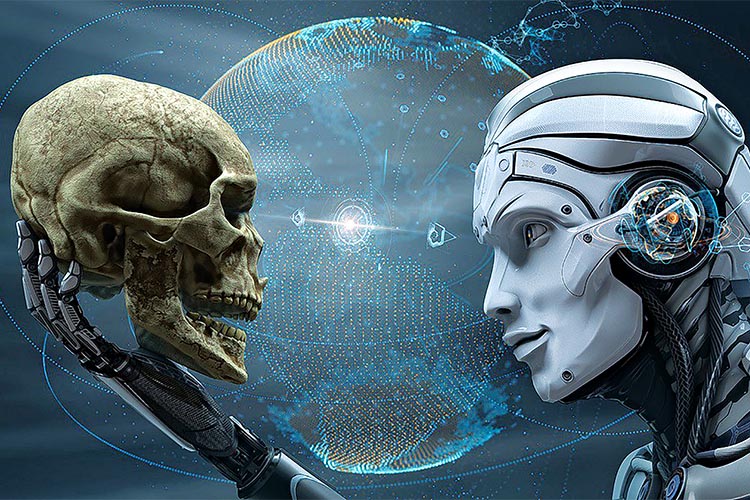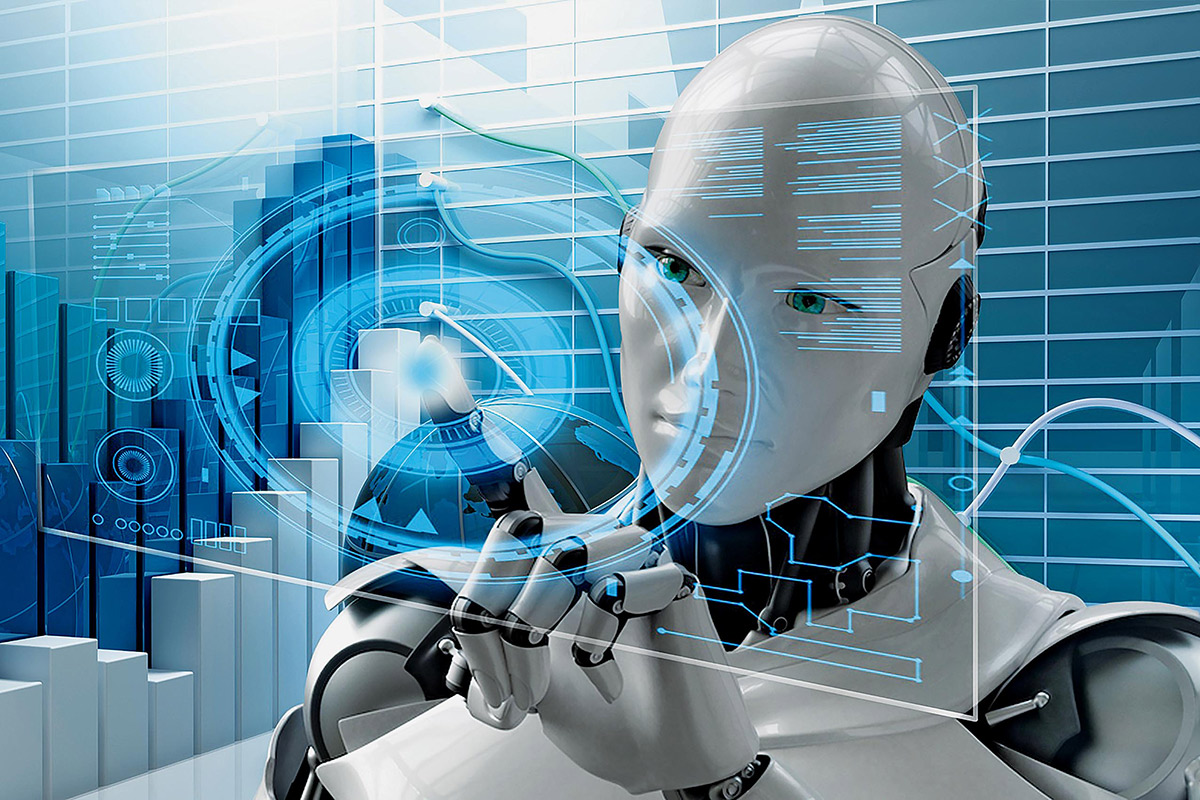Artificial intelligence is being designed and deployed by corporate America in ways that will disempower and displace workers and degrade the consumer experience, ultimately disappointing most investors. Yet economic history shows that it does not have to be this way
Microsoft is reportedly delighted with OpenAI’s ChatGPT, a naturallanguage artificial-intelligence program capable of generating text that reads as if a human wrote it. Taking advantage of easy access to finance over the past decade, companies and venture-capital funds invested billions in an AI arms race, resulting in a technology that can now be used to replace humans across a wider range of tasks. This could be a disaster not only for workers, but also for consumers and even investors.
The problem for workers is obvious: there will be fewer jobs requiring strong communication skills, and thus fewer positions that pay well. Cleaners, drivers, and some other manual workers will keep their jobs, but everyone else should be afraid. Consider customer service. Instead of hiring people to interact with customers, companies will increasingly rely on generative AIs like Chat- GPT to placate angry callers with clever and soothing words. Fewer entry-level jobs will mean fewer opportunities to start a career – continuing a trend established by earlier digital technologies.

Consumers, too, will suffer. Chatbots may be fine for handling entirely routine questions, but it is not routine questions that generally lead people to call customer service. When there is a real issue – like an airline grinding to a halt or a pipe bursting in your basement – you want to talk to a well-qualified, empathetic professional with the ability to marshal resources and organize timely solutions. You do not want to be put on hold for eight hours, but nor do you want to speak immediately to an eloquent but ultimately useless chatbot.
Of course, in an ideal world, new companies offering better customer service would emerge and seize market share. But in the real world, many barriers to entry make it difficult for new firms to expand quickly. You may love your local bakery or a friendly airline representative or a particular doctor, but think of what it takes to create a new grocery store chain, a new airline, or a new hospital. Existing firms have big advantages, including important forms of market power that allow them to choose which available technologies to adopt and to use them however they want.
AI-powered digital tools can be used to help nurses, teachers, and customer-service representatives understand what they are dealing with and what would help improve outcomes for patients, students, and consumers. The predictive power of algorithms could be harnessed to help people, rather than to replace them
More fundamentally, new companies offering better products and services generally require new technologies, such as digital tools that can make workers more effective and help create better customized services for the company’s clientele. But, since AI investments are putting automation first, these kinds of tools are not even being created.
Investors in publicly traded companies will also lose out in the age of ChatGPT. These companies could be improving the services they offer to consumers by investing in new technologies to make their workforces more productive and capable of performing new tasks, and by providing plenty of training for upgrading employees’ skills. But they are not doing so.

Many executives remain obsessed with a strategy that ultimately will come to be remembered as self-defeating: paring back employment and keeping wages as low as possible. Executives pursue these cuts because it is what the smart kids (analysts, consultants, finance professors, other executives) say they should do, and because Wall Street judges their performance relative to other companies that are also squeezing workers as hard as they can.
AI is also poised to amplify the deleterious social effects of private equity. Already, vast fortunes can be made by buying up companies, loading them with debt while going private, and then hollowing out their workforces – all while paying high dividends to the new owners. Now, ChatGPT and other AI technologies will make it even easier to squeeze workers as much as possible through workplace surveillance, tougher working conditions, zero-hours contracts, and so forth.
Other AI applications can facilitate better allocation of workers to tasks, or even create completely new markets (think of Airbnb or rideshare apps)
These trends all have dire implications for Americans’ spending power – the engine of the US economy. But as we explain in our forthcoming book, Power and Progress: Our Thousand-Year Struggle Over Technology and Prosperity, a sputtering economic engine need not lie in our future. After all, the introduction of new machinery and technological breakthroughs has had very different consequences in the past.
Over a century ago, Henry Ford revolutionised car production by investing heavily in new electrical machinery and developing a more efficient assembly line. Yes, these new technologies brought some amount of automation, as centralised electricity sources enabled machines to perform more tasks more efficiently. But the reorganisation of the factory that accompanied electrification also created new tasks for workers and thousands of new jobs with higher wages, bolstering shared prosperity. Ford led the way in demonstrating that creating human-complementary technology is good business.
Today, AI offers an opportunity to do likewise. AI-powered digital tools can be used to help nurses, teachers, and customer-service representatives understand what they are dealing with and what would help improve outcomes for patients, students, and consumers. The predictive power of algorithms could be harnessed to help people, rather than to replace them. If AIs are used to offer recommendations for human consideration, the ability to use such recommendations wisely will be recognised as a valuable human skill. Other AI applications can facilitate better allocation of workers to tasks, or even create completely new markets (think of Airbnb or rideshare apps).
Unfortunately, these opportunities are being neglected, because most U.S. tech leaders continue to spend heavily to develop software that can do what humans already do just fine. They know that they can cash out easily by selling their products to corporations that have developed tunnel vision. Everyone is focused on leveraging AI to cut labour costs, with little concern not only for the immediate customer experience, but also for the future of spending power.
Ford understood that it made no sense to mass-produce cars if the masses couldn’t afford to buy them. Today’s corporate titans, in contrast, are using the new technologies in ways that will ruin our collective future.
